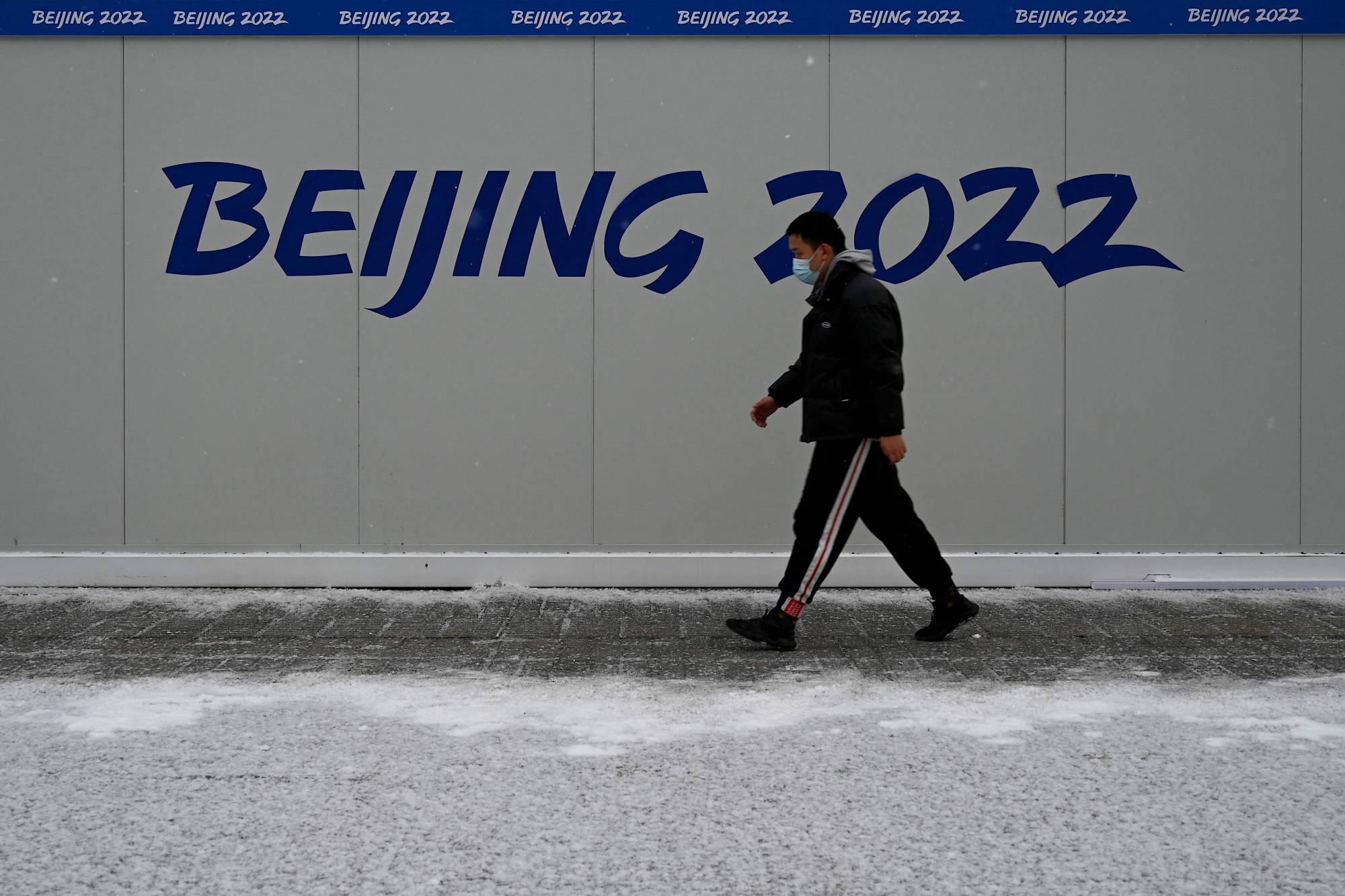Weeks before the world’s best skiers and snowboarders descend on Zhangjiakou, a main site of the Beijing Winter Olympics, a dozen machines furiously churned out snow to cover the mountains they will race down.
The slopes were soon blanketed in white, and the canons didn’t stop there. A deafening sound continued for hours as they coated the rest of the grey landscape to complete a perfect snowy backdrop that could be broadcast around the world. The water droplets they sprayed into the air hovered like white smoke over the venue as freezing temperatures and chemicals helped turn them into ice.
Artificial snow has become a Winter Olympics fixture as climate change shrinks the number of countries that get enough natural snowfall to hold the event. But Beijing will be the first host to rely completely on man-made powder. The upcoming Olympics will also be the culmination of a six-year effort to turn Zhangjiakou into China’s version of the Alps, creating an upscale winter holiday destination in the hopes of lifting an agricultural region out of poverty.



















With your current subscription plan you can comment on stories. However, before writing your first comment, please create a display name in the Profile section of your subscriber account page.